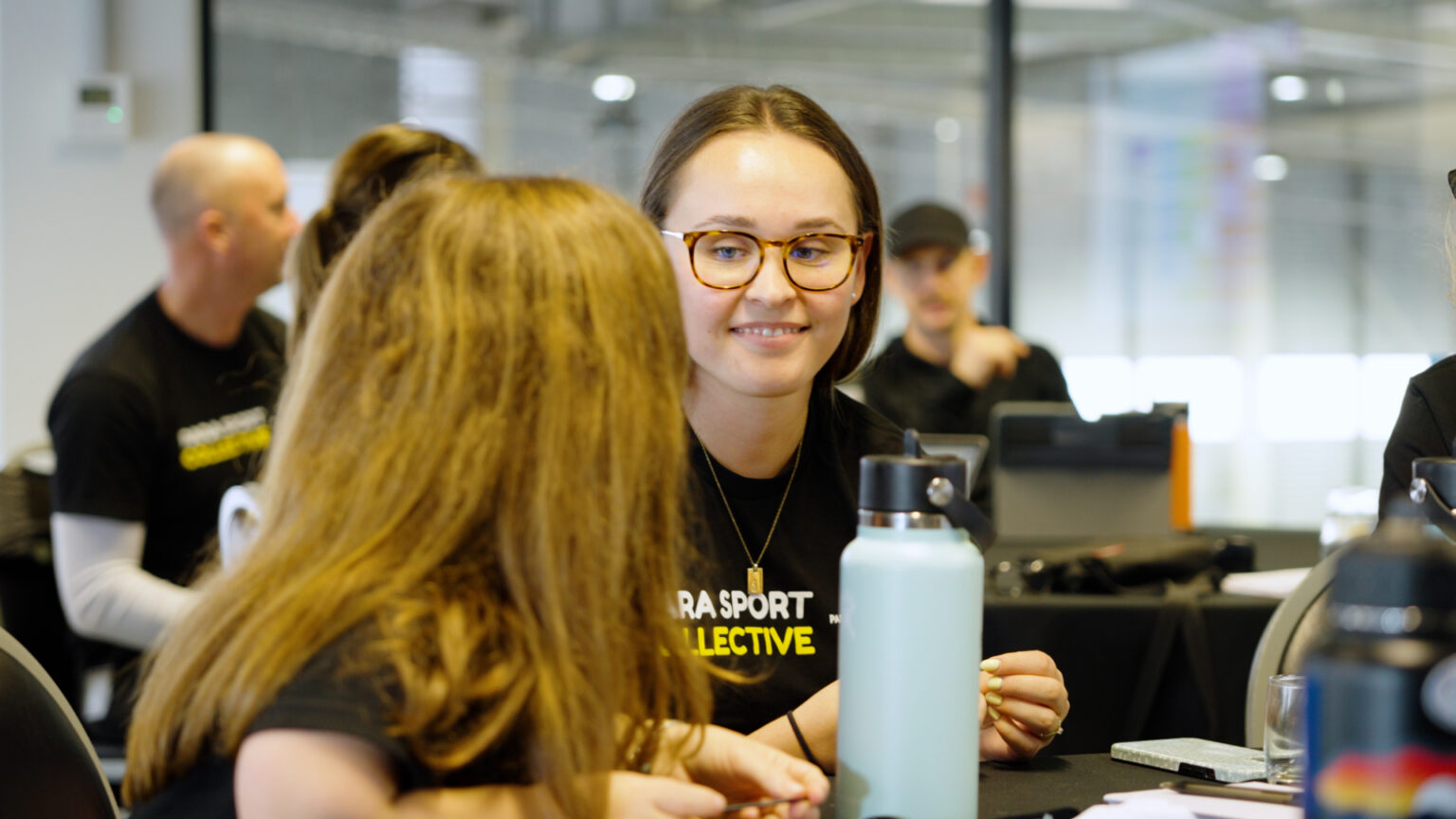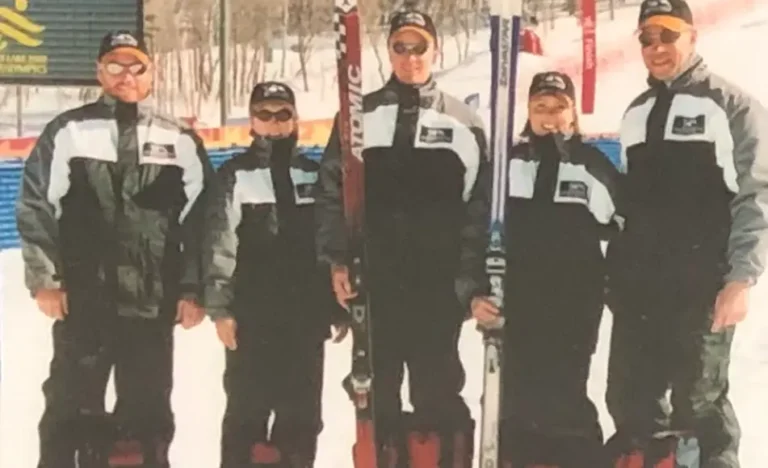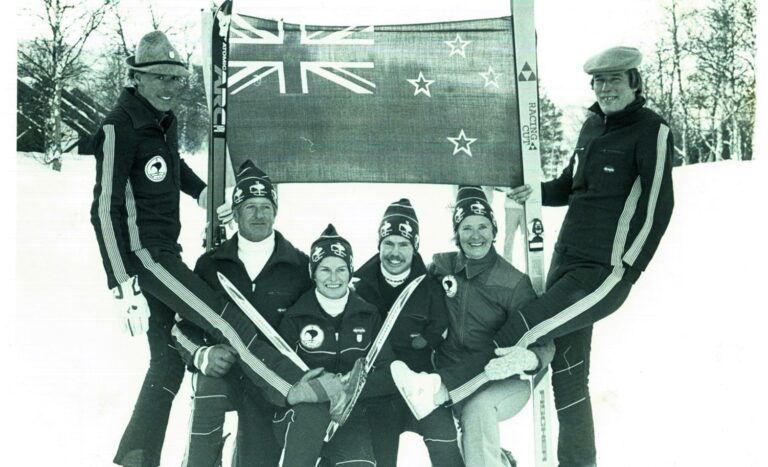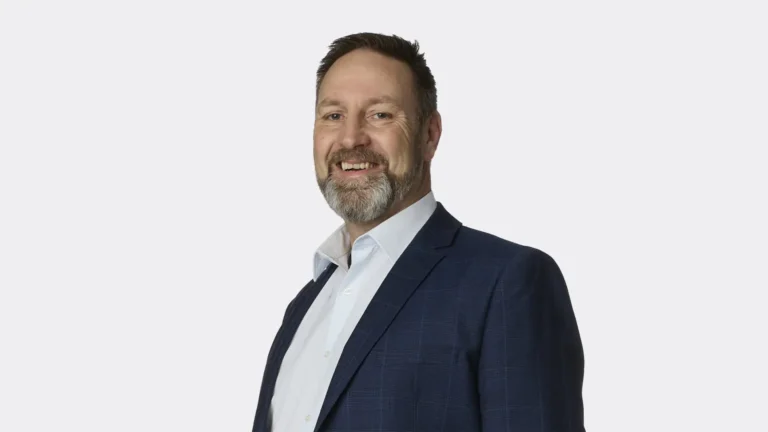Emerging Para swimming coach Emma Smith believes being a participant on intake two of the Para Sport Collective, alongside two of the Para athletes she coaches – McKenzie Drage and Charlotte Murphy – has been “incredibly inspiring” and has markedly improved her as a coach.
Christchurch-based Emma has been coaching Para swimmers for the past four years and found the experience deeply enriching. Yet being part of the 12-month Para Sport Collective, supported by ACC, has helped elevate her coaching to the next level.
“I’ve found it has really challenged my thinking,” she explains. “I’ve found on every camp and every online connect it has sparked my thoughts and really made me we want to reach out to others to access more resources.
“It has also been amazing to be exposed to Para athletes and coaches from many different Para sports. In your own sport you can get into a bit of a bubble, but to be able to reach out to other sports and other coaches and listen to their experiences of how they’ve figured out how to do things has been valuable.”
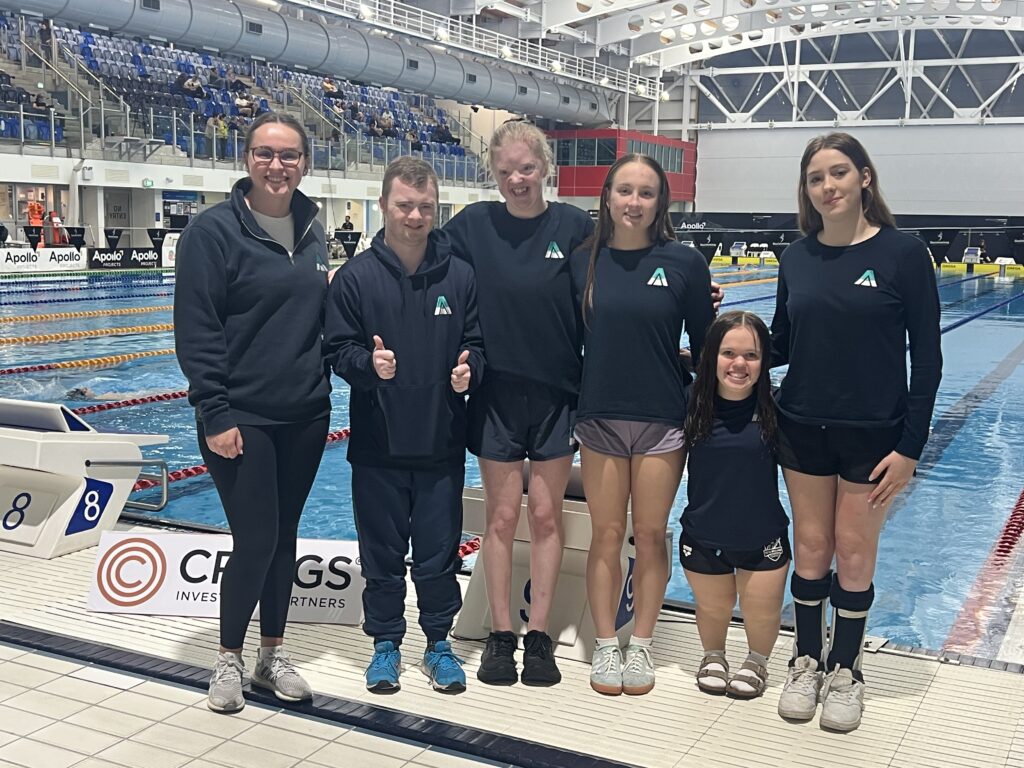
Raised in Alexandra, Emma was herself a national age-group medallist as a breaststroke swimmer before later moving to Christchurch to study a Bachelor of Science at the University of Canterbury. Continuing to compete for the Aquagym Swim Club, she later graduated before retiring from competitive swimming at the age of 23. Keen to stay connected with the sport, she transitioned to coaching.
“I really wanted to give back to the sport,” says Emma who works full-time as a Geographic Information System analyst at Orion. “I wanted to help other swimmers achieve results and enjoy the same awesome experiences I had.”
Coaching through Aquagym she initially shadowed coach Felicity Lowen, who guided several Para swimmers including Charlotte Murphy, an S6 Para swimmer. Quickly establishing a passion for coaching athletes with a disability, Emma has gained further exposure to Para swimmers as a volunteer for ParaFed Canterbury.
So, can she articulate the motivation of working with Para swimmers?
“I’ve found that Para swimmers are really driven but in a different way to able bodied swimmers in that they have a high level of appreciation for what they get out of the sport.
“Working with Para swimmers has been really rewarding, and I like figuring out the best way for the Para athletes to swim. Like for instance with Charlotte we’ve changed her breaststroke, so she only breathes every three strokes whereas most able-bodied athletes would breathe every stroke (for breaststroke). Tailoring the approach to suit their disability to try and make them faster is cool.”
Initially shadowing Felicity, in more recent times Emma has taken on the full-time coaching of Charlotte as well as S8 Para swimmers McKenzie Drage and Amber Proudfoot and Matthew Kofoed, who swims in the S18 classification.
Her coaching career was also to receive a boost after Paralympian #164 Cameron Leslie MNZM, the Disability and Para Swimming Participation Manager at Swimming New Zealand, reached out to the Para Sport Collective to nominate Emma as an intake two participant.
“I was so excited, and I didn’t realise at the time something like this was available,” she says. “Moving into that high performance space was daunting and I felt uncertain but from the beginning I felt very appreciated.”
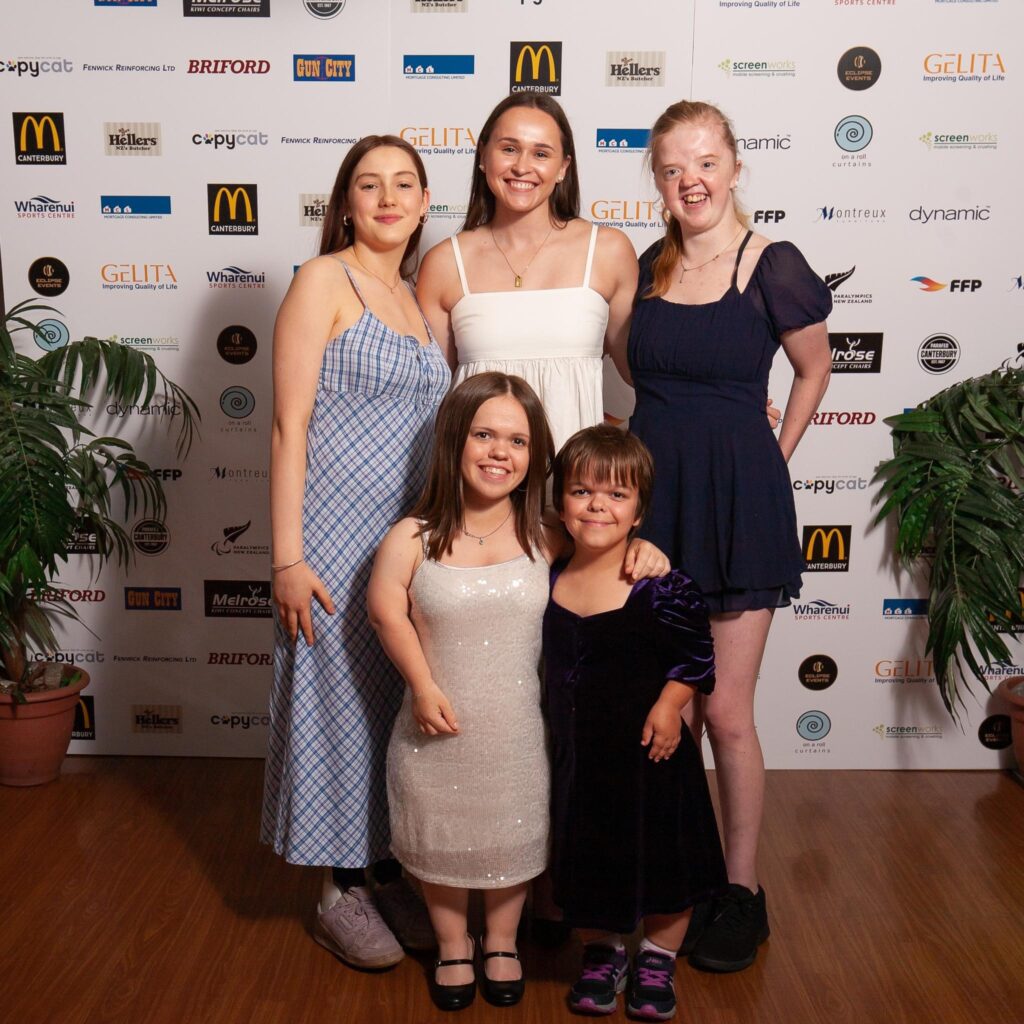
Explaining that being part of the Para Sport Collective “challenged her thinking” all the coaches on the Collective were given the chance to experience the Raise my Game Development Planning System with Suzie Muirhead – which helped hone skills around targeted performance planning and goalsetting.
“Before I was a part of the Collective, I didn’t really do a lot around goal setting,” she explains. “But I was given a template and a guide through Raise My Game, which means I can be much more prepared when guiding my Para athletes. It gives me prompting questions to ask my Para athletes, which challenges them to create goals.”
Emma also believes it was hugely beneficial that both McKenzie and Charlotte were a part of the second intake of the Para Sport Collective.
“Both Para athletes have been inspired, and they shared things with me things they wouldn’t had they not been on the camp,” explains Emma, 27. “It has helped create that connection and trust and allowed them both to open up more. It has changed their perspective. Before they were focused on results, but now they are more focused on the journey rather than the results.”
Fully embracing the challenges of coaching athletes with different disabilities, the Para Sport Collective has helped fuel the fire for her personal coaching ambitions.
“I’m still only young and experiencing as many things as possible can only help me become a better coach,” she explains. “I feel that the Collective has helped fast-track my learning and made me more confident. Now I just want to keep on making an impact.”

